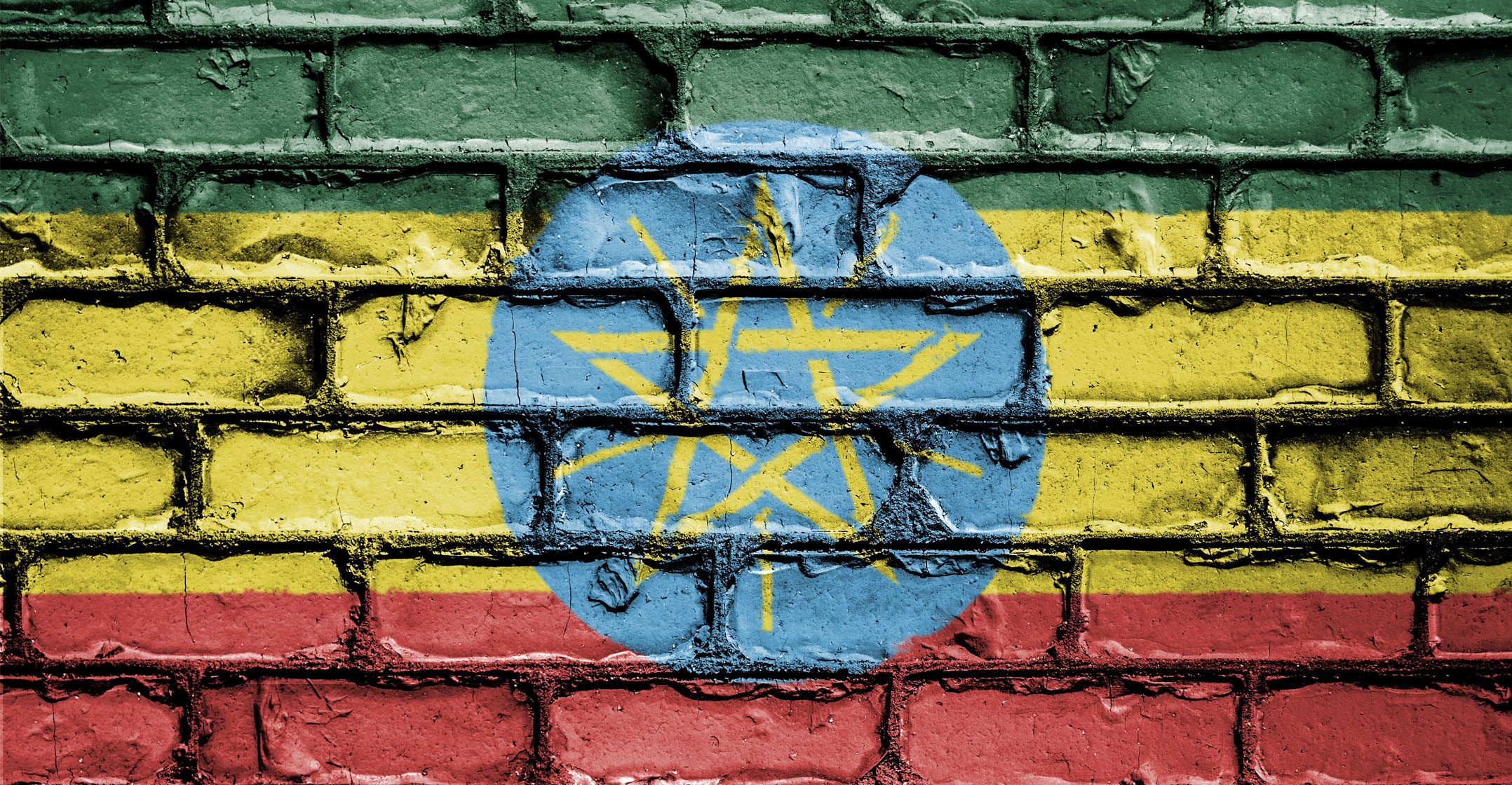 Ethiopia may give up majority control over its telecommunications monopoly in a second phase of privatisation once it’s sold 49% of the company next year.
Ethiopia may give up majority control over its telecommunications monopoly in a second phase of privatisation once it’s sold 49% of the company next year.
The government could also issue more mobile phone network licences over the long term beyond the two already planned for March 2020, Balcha Reba, director-general at the Ethiopian Communications Authority, said in an interview in Addis Ababa.
“We have a monopoly. That’s our problem,” he said. Privatising Ethio Telecom will improve service quality, increase choice for customers and spur investment as the country’s population of 100 million grows, according to Balcha.
“In the future, the government may even release some of its shares from the 51%,” he said, while adding that the market would first need to become competitive and more mature.
International carriers including Orange, MTN Group and Vodacom Group are among companies that are interested in expanding in Ethiopia, seen as the last major market on the continent closed to independent operators. They are keen to tap a nation with a relatively low level of data penetration and Internet access, as well as the second highest population in Africa — though one that’s been prone to government-imposed Internet blackouts.
Next year’s sale will also boost the government’s scarce foreign-exchange reserves, Balcha said in his office in the centre of the Ethiopian capital. That’s needed to pay for imports and for foreign companies to operate successfully in the country.
Mobile banking
Ethiopia is also considering whether to issue mobile banking licences, Balcha said. He cited work under way at the country’s central bank to lift current restrictions. Wireless carriers have found a lucrative sideline offering financial services in many parts of Africa where formal banking infrastructure is scarce.
Yinager Dessie, governor of the National Bank of Ethiopia, did not immediately respond to calls seeking comment.
The sale of a minority stake in Ethio Telecom may lead to a review of the company’s equipment suppliers, which include Huawei and Ericsson, Balcha said. “Whenever a company’s privatised, the 49% also have their say,” he added.
Ethiopia will add 5G technology in October, though it must first decide on the frequency band, he said.
Ethio Telecom has annual sales of about 45.4-billion birr (R22.7-billion) and more than 50 million subscribers, the company said last month. — Reported by Nizar Manek and John Bowker, (c) 2019 Bloomberg LP




